To help Aboriginal and Torres Strait Islander corporations understand what Data Sovereignty means and why it matters...
NPY Women’s Council is led by women’s law, authority and culture to deliver health, social and cultural services for all Aṉangu.
NPY Women’s Council supports all Aṉangu, especially women and children, to have a good life, guided by culture and sound governance, through the collective agency of women.
Alice Springs, NT, Arrernte Country
Northern Territory, South Australia, Western Australia
Human services
- Incorporated under the CATSI Act
- Community controlled
- Corporation
- Winner (2012) Category A: outstanding example of Indigenous Governance in an Indigenous incorporated organisation
Most recent update – May 2024.
About
Proudly Aṉangu led, NPY Women’s Council (NPYWC) is governed and directed by Aboriginal women across twenty-six desert communities in the cross-border regions of Ngaanyatjarra Pitjantjatjara Yankunytjatjara (NPY) lands in central Australia.
The organisation was founded in response to the concerns of women throughout the NPY lands. The women were concerned about the rise of petrol sniffing in their communities, as well as the ineffectual service delivery to their Elders and those with disabilities.
NPY women felt their needs were not being addressed, so set up NPYWC in 1980. In December 1980, they held their first meeting at Kanpi, South Australia. The organisation was incorporated in 1994.
Aboriginal and Torres Strait Islander viewers should be aware that this video may contain images and voices of persons who have passed.
“…the women were all thinking the same way. We wanted our own meetings. We all had something to say about caring for our children, our families, about our aspirations to have good lives. We wanted to talk about our issues to the government. We wanted to talk together to give a strong message. That’s why we formed the Women’s Council.”
– Nganyinytja (dec) OAM 19801Ngaanyatjarra, Pitjantjatjara and Yankunytjatjara Women’s Council (NPYWC), Strategic Plan 2014-2018, [link].
NPYWC represents women across Western Australia, South Australia and the Northern Territory. The region spans 350,000 square kilometres, with an overall population of around 6000.
NPYWC began as an advocacy organisation for women in the NPY region. Today, it is also the major provider of human services to women and their families. It provides assistance on issues such as substance abuse, domestic and family violence, child protection, community safety, and the needs and aspirations of young people.
Aboriginal and Torres Strait Islander viewers should be aware that this video may contain images and voices of persons who have passed.
Building cultural principles into rules
NPYWC has never lost sight of its aspirations. It remains an active and hands-on advocacy and service delivery organisation.
One of the aspirations of NPYWC is to protect, maintain and revitalise culture. It does this by:
- encouraging the practice of culture
- observing NPY women’s law
- promoting the interests and rights of NPY women.
Aṉangu culture flows through the organisation from the boardroom to service delivery on the ground.
In 2008, NPYWC became incorporated under new legislation. They carried out significant consultations with members, spread across a large geographic region, about their new rule book (known as the constitution).
As a result, members introduced new clauses in the rule book. These included key guiding cultural principles such as:
- Ngapartji ngapartjiku kulira iwara wananma tjukarurungku: respect each other and follow the law straight
- Kalypangku: conciliatory
- Piluntjungku: peaceful and calm
- Kututu mukulyangku: kind-hearted
- Tjungungku: united
- Kunppungku: strong
Related topic:
Law and Culture meetings
Every year, NPYWC host a Law & Culture meeting. At these meetings, Aṉangu and Yarnangu women come together to celebrate and consolidate their traditional cultural practices and identity. Everyone is invited to come along, not just the local community where the meeting is being held.
These women-only gatherings have been running since 1983. They are held on Country, in the Ngaanyatjarra Pitjantjatjara Yankunytjatjara (NPY) region. They allow women to connect with elements of their life and culture that are distinct from those of their men, while also strengthening their ties with other women from the NPY region, their land, and important sites.
The meetings are an opportunity for NPYWC staff to spend time with the organisation’s members out on Country and in a bush camp. They are not only a culturally appropriate way to get information out to members, but they have proven to be a great forum for building relationships between community and NPYWC staff.
“With the passing of many senior women who hold important cultural knowledge, law and culture gatherings are now, more than ever, vital to the cultural maintenance for the women of the NPY Lands.”
– NPY Women’s Council2Ngaanyatjarra, Pitjantjatjara and Yankunytjatjara Women’s Council (NPYWC), Annual Report 2016-2017, published 2018, [link].
According to NPYWC, the purpose of Law and Culture gatherings are to:
- facilitate the exchange of traditional knowledge and ceremonial cycles
- perform dances and ceremonial cycles to confirm the importance and power of women’s law
- promote the position and status of senior Aboriginal women from the Ngaanyatjarra, Pitjantjatjara and Yankunytjatjara communities
- expose younger women and women dispossessed of their culture to particular practices to gain an understanding of their heritage
- allow relatives from NPY communities who have not seen each other for a long time to reunite.
Related topic:
Service delivery the Malparara Way
NPYWC has an approach known locally as the Malparara Way. Malparara means a person who is together with a friend or colleague. In the context of service delivery, this usually means two staff who are working together on a program. One staff member is Aṉangu and the other is a partner staff member, employed for their specific professional or technical skills.
These relationships are pivotal in ensuring NPYWC is effective in its response to sensitive community issues, such as domestic violence. They form the basis of NPYWC service delivery and are what separates the organisation from other service delivery bodies in the NPY region.
The primary aim of the Malparara Way of working is to ensure the concerns and problems of the local people are listened to and addressed in a culturally appropriate way. Malparara Way recognises and values the knowledge, skills and resources of Aṉangu, and helps them access services that are delivered in a culturally safe and effective way.
“Women’s Council project work is hard, really complicated. It can be difficult to understand, but working with a malpa (friend) makes it much easier, and the staff are much happier when they are working together. It makes difficult things much easier to understand when you are working together.”– Tjikalyi Colin, former Aṉangu staff member
Malparara Way is very effective in ensuring quality service delivery in cross-border regions, especially given the type of work in which NPYWC is engaged. The idea of Malparara Way came from Aṉangu women as a service delivery model that would effectively and efficiently meet the needs of the local people, as well as breaking down language barriers. Malparara Way works well because it means that service delivery can be adapted to suit the local communities’ culture, norms and values.
Alongside Malparara Way, members of NPYWC came up with their own approach to developing services for NPY communities. Their approach is an example of how Indigenous culture can go hand in hand with good corporate governance. NPYWC’s service development approach includes:
- Kulikatinyi (considering something over a long period of time)
- Nyakuakatinyi (looking for something as one goes along)
- Palyaalkatinyi (making something as one goes along)
This approach ensures services that are developed and delivered by NPYWC are continually reviewed and improved.
Related topic:
Staff education at NPYWC
All new staff members at NPY Women’s Council are provided with an orientation of the organisation and the region in which they are based. This includes detailed cultural advice on cultural differences and elements of Aṉangu culture, such as:
- saying no
- avoidance relationships
- sorry business
- men’s business
- women’s business
- parenting ways.
Related topic:
Youth services
NPYWC support the young people of the NPY lands with traineeships and employment pathways through their Iwara program and Boarding School Program.
The Iwara program assists new school leavers to get ready for employment in their home communities and beyond. The eight-week program, held both in Alice Springs and out bush, focuses on:
- employer’s expectations
- administration skills
- confidence and communication
- experience in the workplace
- experience running activities.
Iwara participants are also mentored by an Aṉangu Employment Officer (AEPO) from the NPYWC Youth Service.
The Boarding School Program offered by NPYWC provides young people from remote communities with greater educational opportunities. It supports young people and their families to understand the different opportunities available, and offers practical assistance in navigating enrolment. NPYWC report that 66% of the program’s alumni reported being employed in jobs better than they would have secured without attending the boarding school. At least 50% of alumni are currently working casually, 33% part time, and some have secured multiple jobs within and outside their communities.
Related topic:
Supporting women’s financial independence
NPYWC’s social enterprise, Tjanpi Desert Weavers, empowers Aṉangu women to generate their own income by creating fibre art.
Tjanpi represents over 400 Aboriginal artists from twenty-six remote communities on the NPY Lands. NPYWC have a number of Tjanpi field officers who travel to these twenty-six communities and purchase the women’s artwork, generating local income. NPYWC also supply their artists with materials and run skills development workshops.
Tjanpi’s employment of new staff members has also helped Aṉangu women in creating and selling their artwork. As a result, in the 2022-2023 financial year, Tjanpi Desert Weavers saw:
- a 20% increase in the number of artworks produced
- a 27% increase in artworks sold
- a 28% increase in revenue generated from the sale of artworks.
References
- Ngaanyatjarra, Pitjantjatjara and Yankunytjatjara Women’s Council (NPYWC), ‘Ngapartji Ngapartji; Working and Learning Together Workforce Development and Capability Framework,’ 2020, [link]
- Ngaanyatjarra, Pitjantjatjara and Yankunytjatjara Women’s Council (NPYWC), Annual Report 2022-2023, published 2023, [link]
- Ngaanyatjarra, Pitjantjatjara and Yankunytjatjara Women’s Council (NPYWC), Annual Report 2021-2022, published 2022, [link]
- Ngaanyatjarra, Pitjantjatjara and Yankunytjatjara Women’s Council (NPYWC), Annual Report 2015-2016, published 2017, [link]
- Ngaanyatjarra, Pitjantjatjara and Yankunytjatjara Women’s Council (NPYWC), Annual Report 2016-2017, published 2018, [link]
- Ngaanyatjarra, Pitjantjatjara and Yankunytjatjara Women’s Council (NPYWC), Strategic Plan 2019-2023, [link]
- Ngaanyatjarra, Pitjantjatjara and Yankunytjatjara Women’s Council (NPYWC), Strategic Plan 2014-2018, [link]
- Header image: Baskets by Margaret Doolan and Pauline Allen with parakeelyas flowering outside Finke. Photo credit: Ruby Henderson-Leconte.
Stay connected
Stay informed with AIGI news and updates.

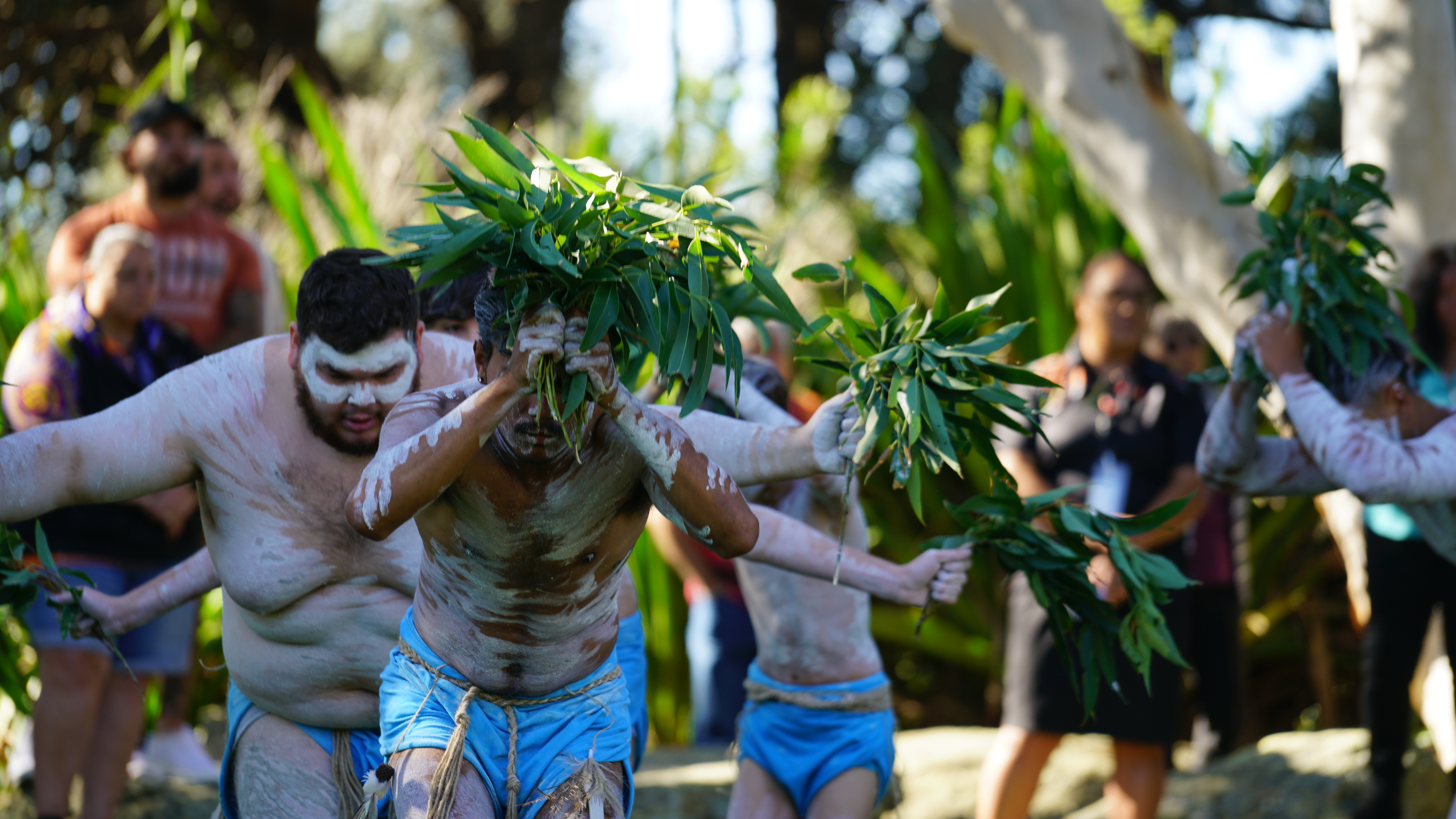
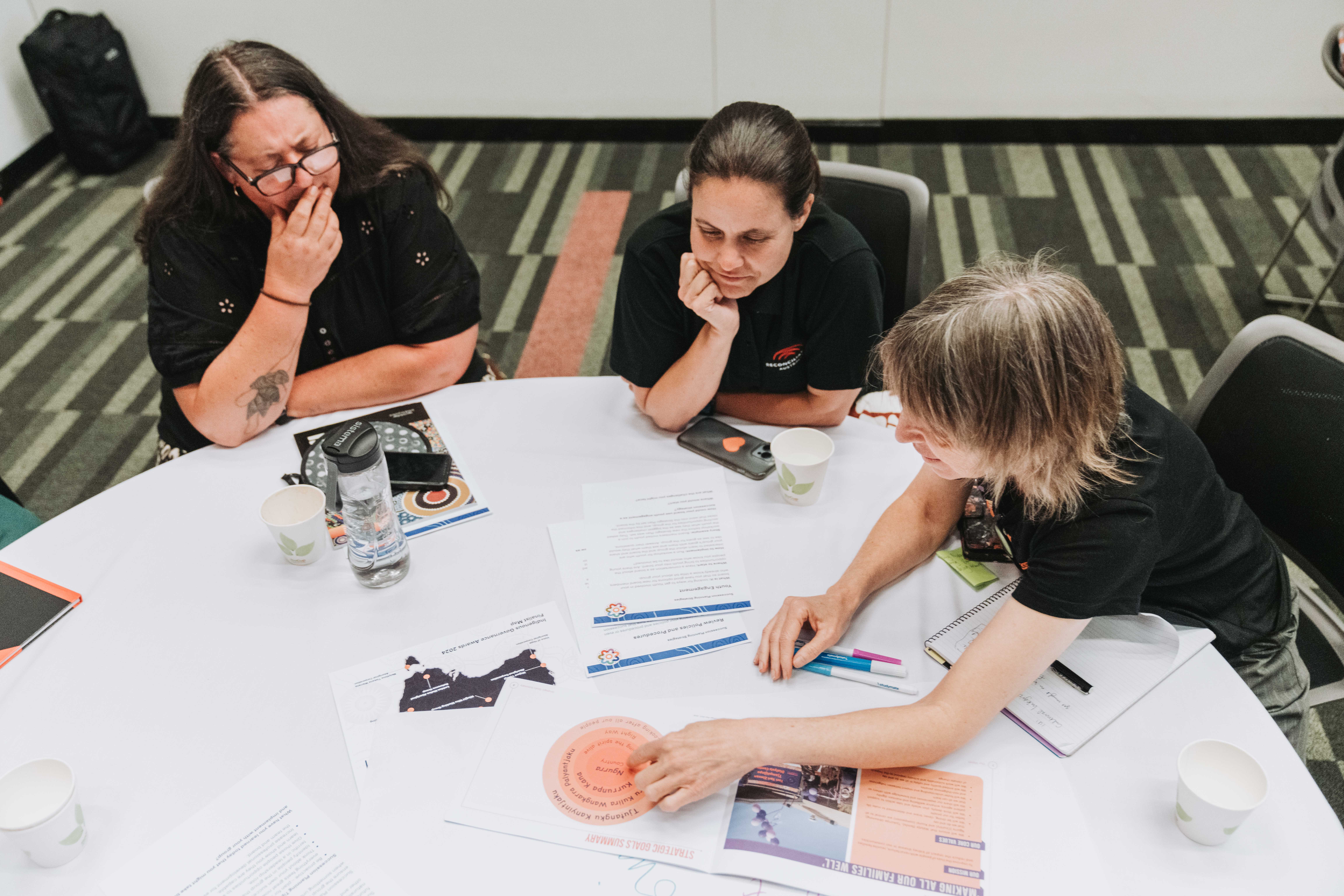
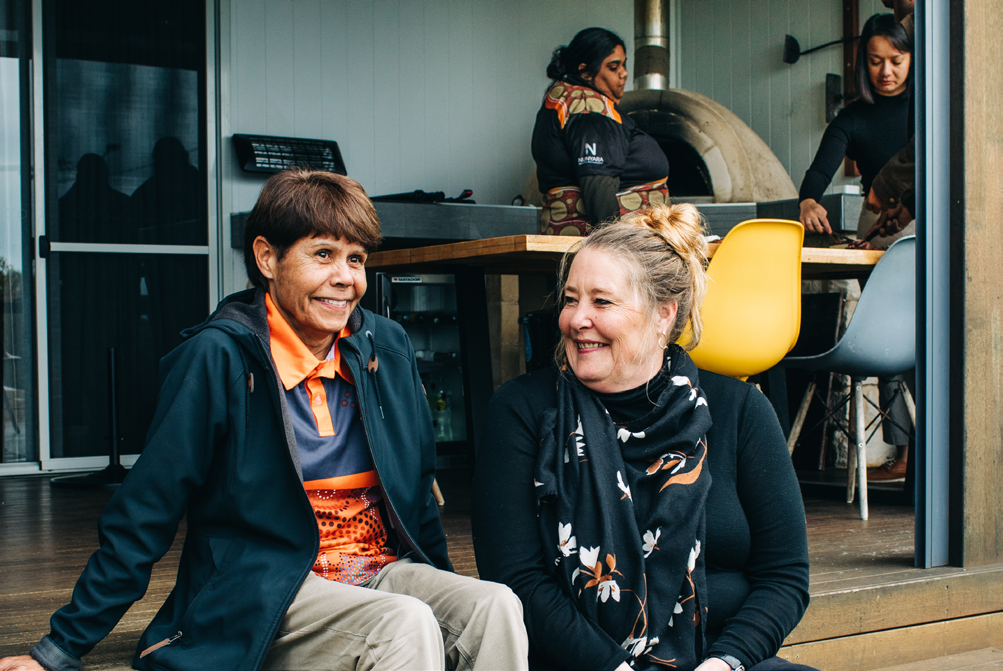
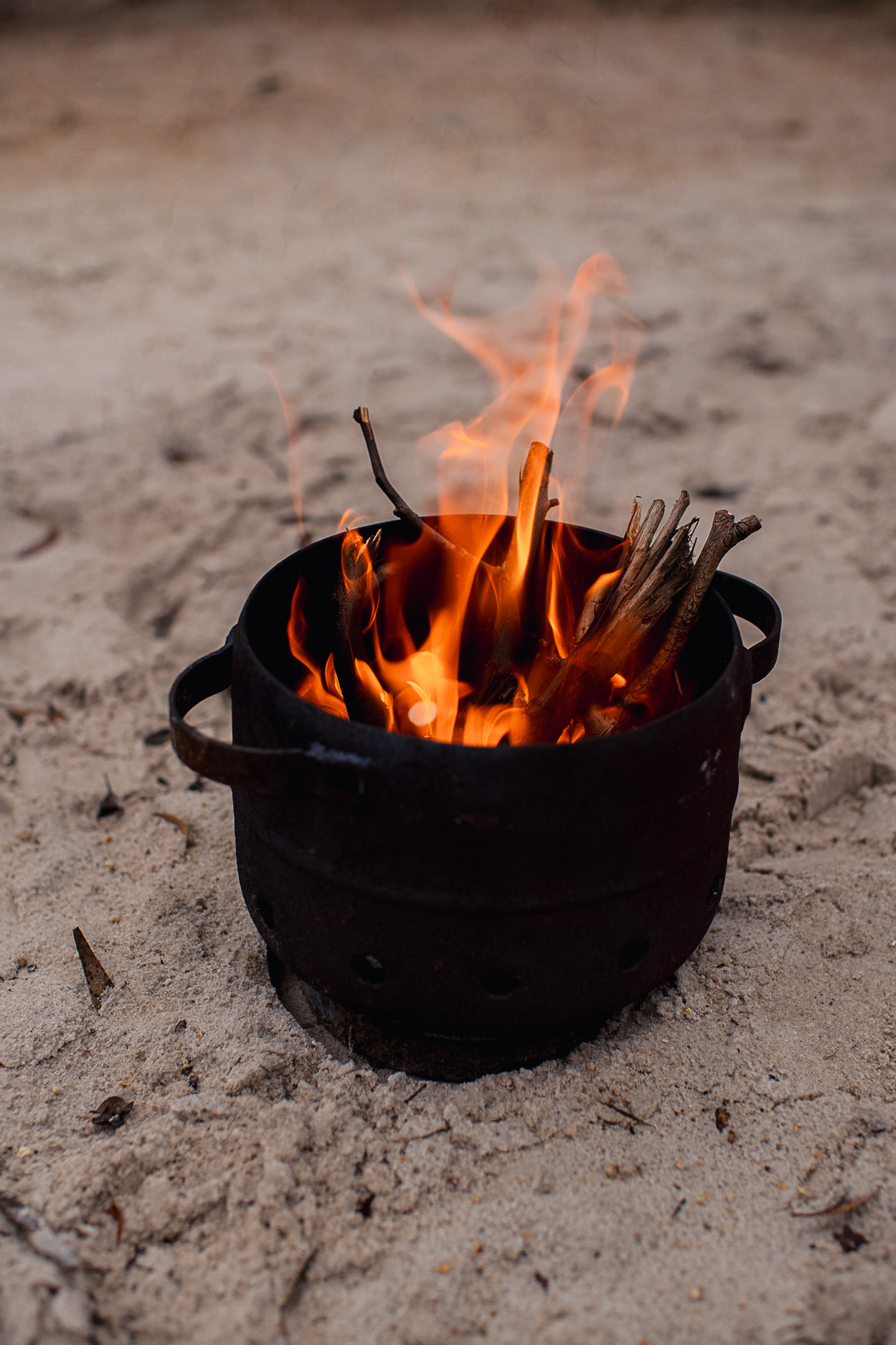
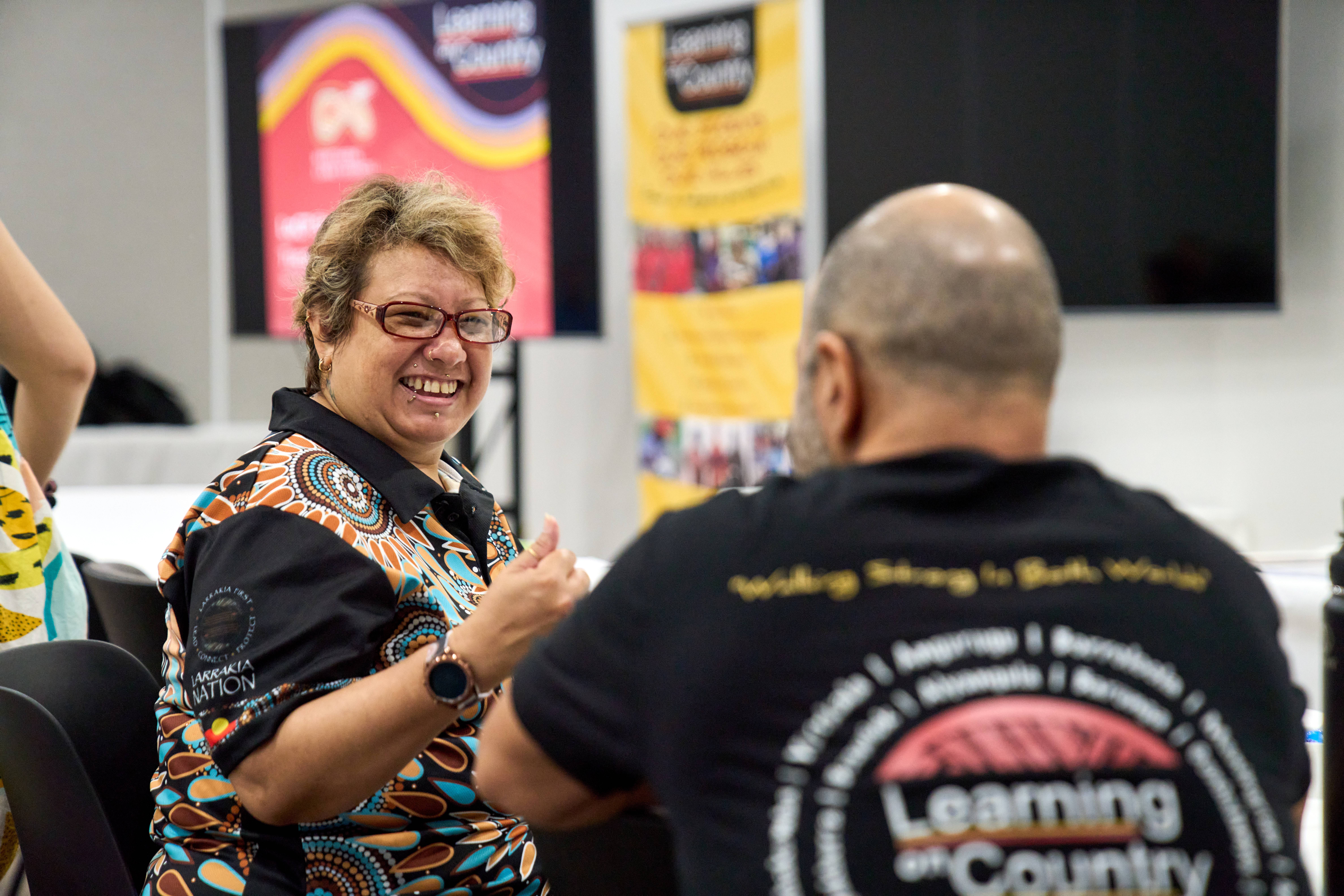
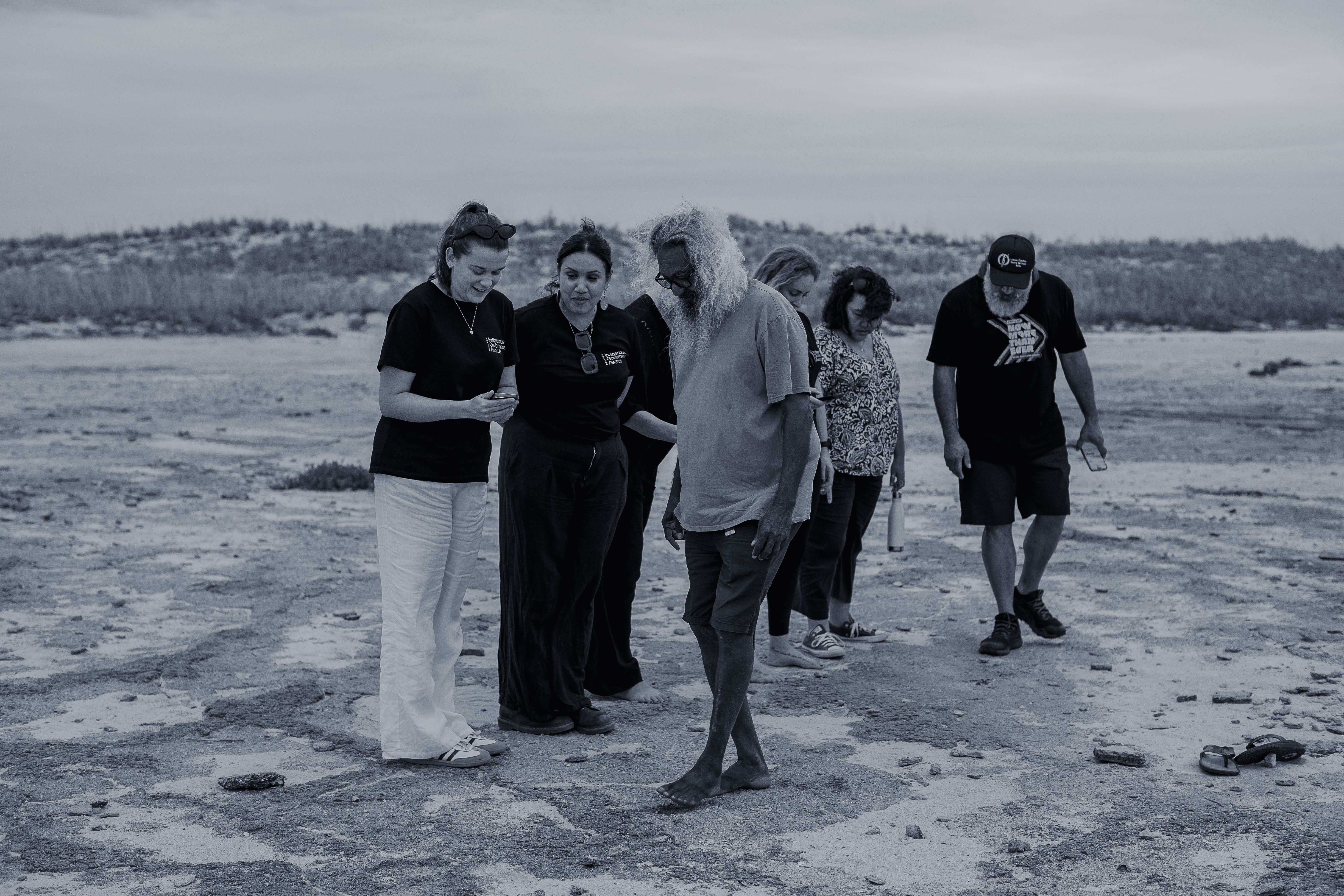
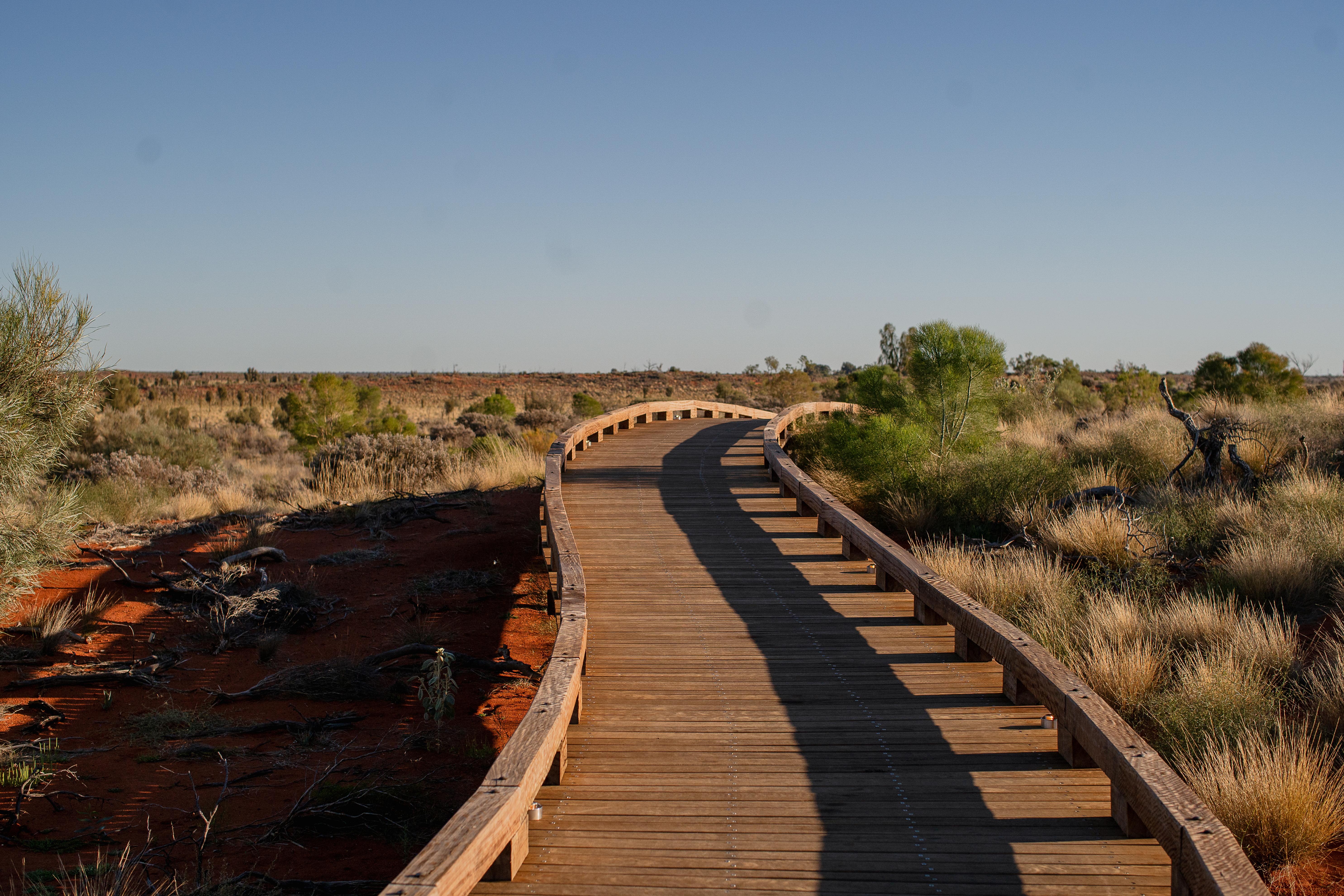
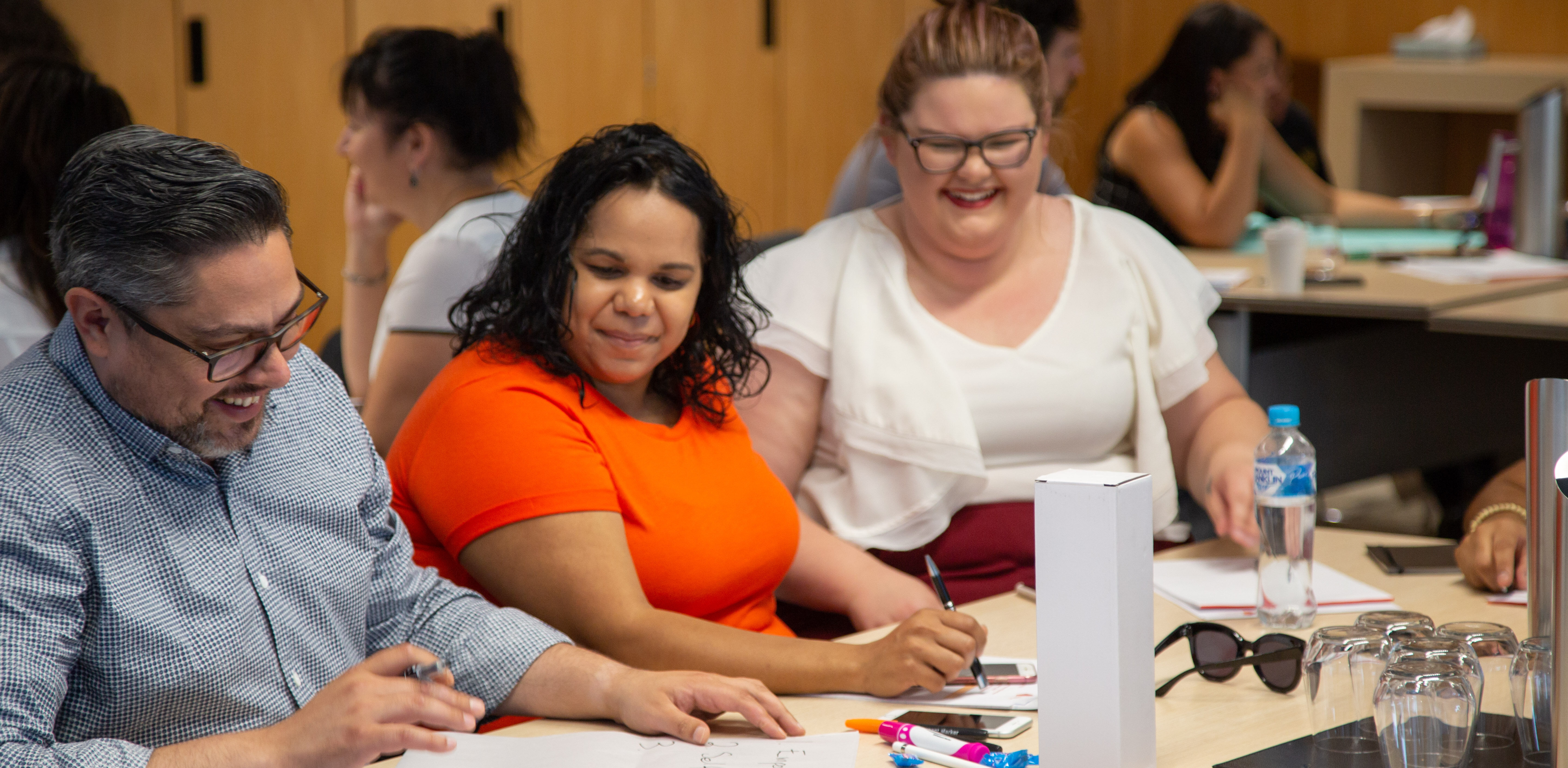
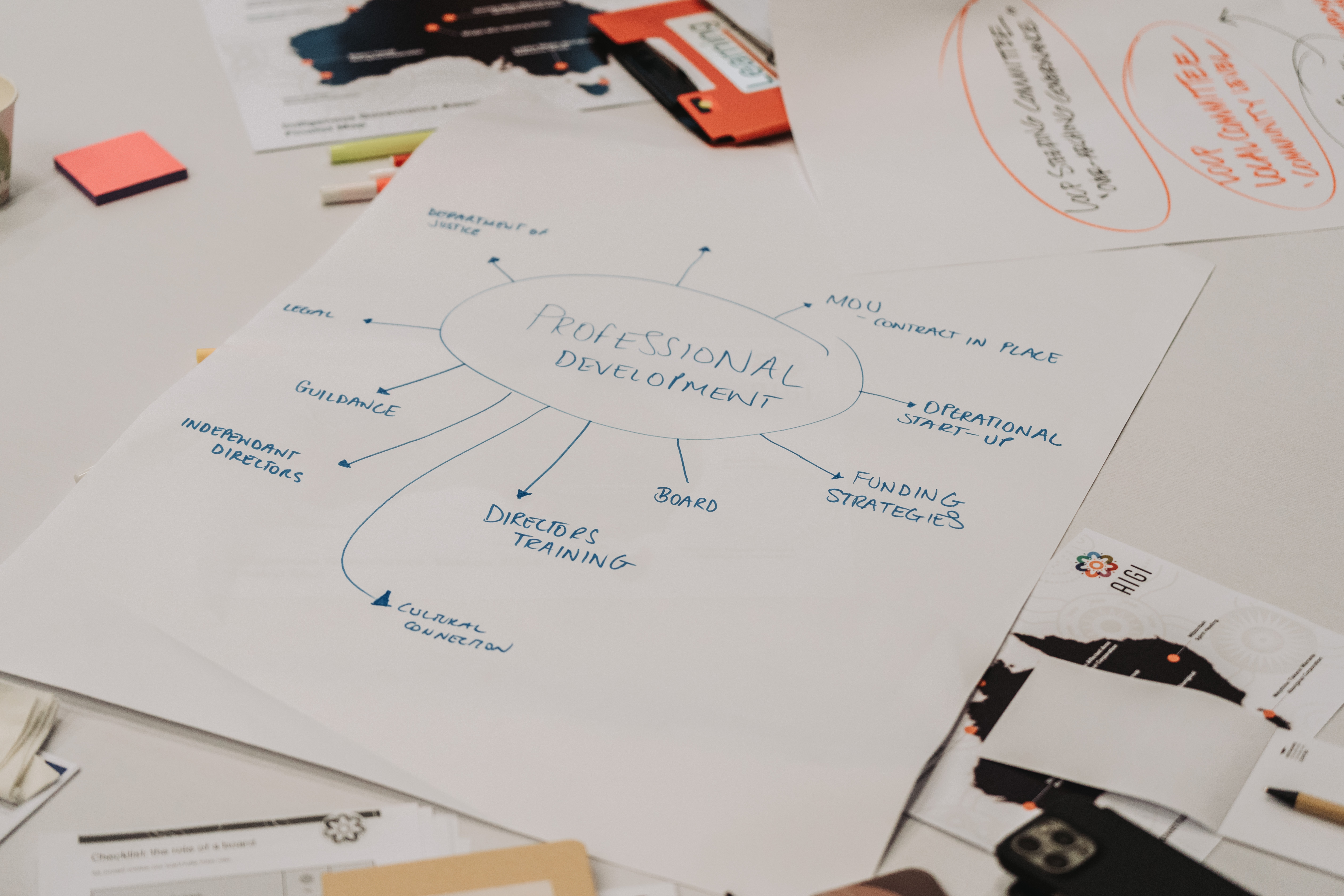
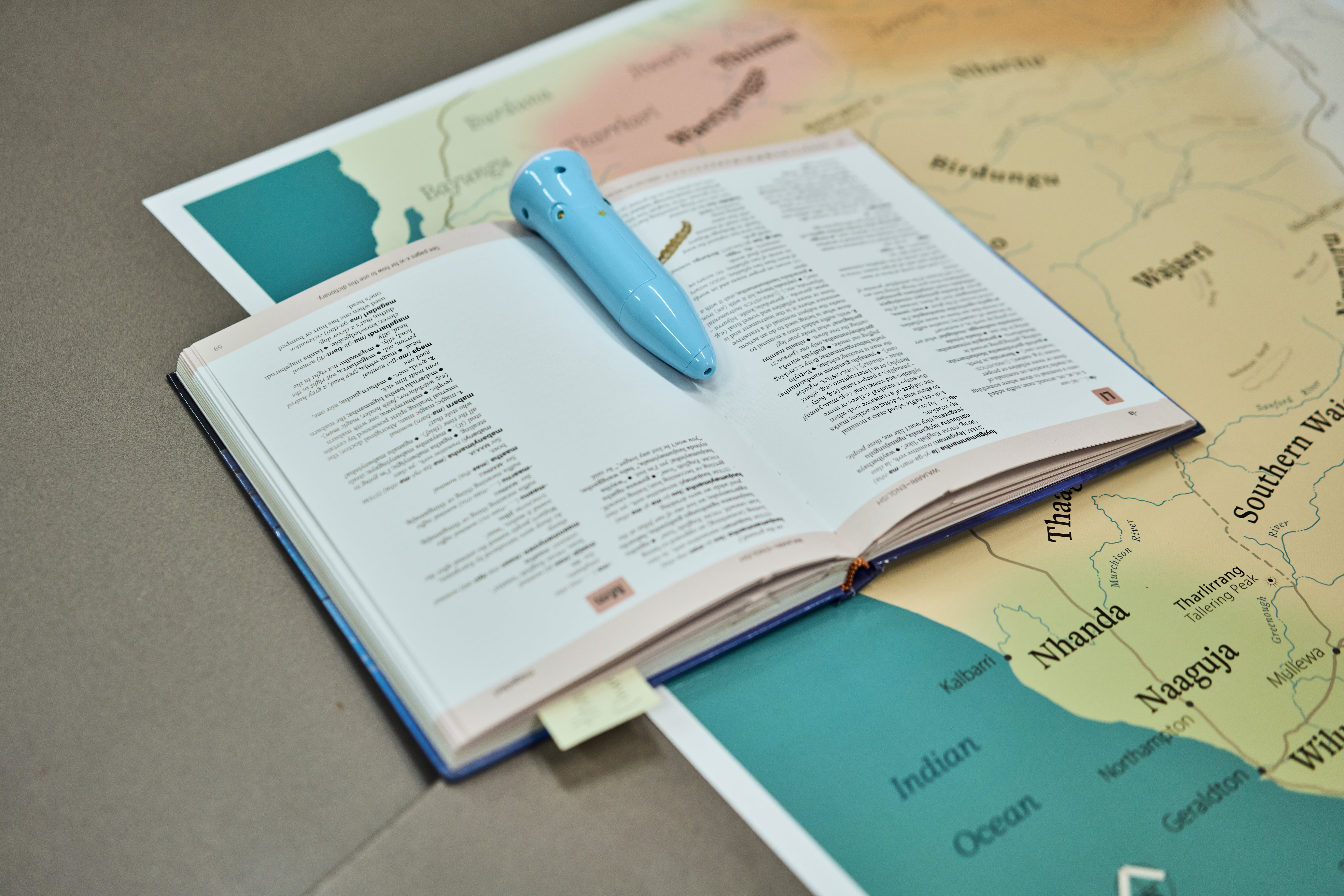

.png)



